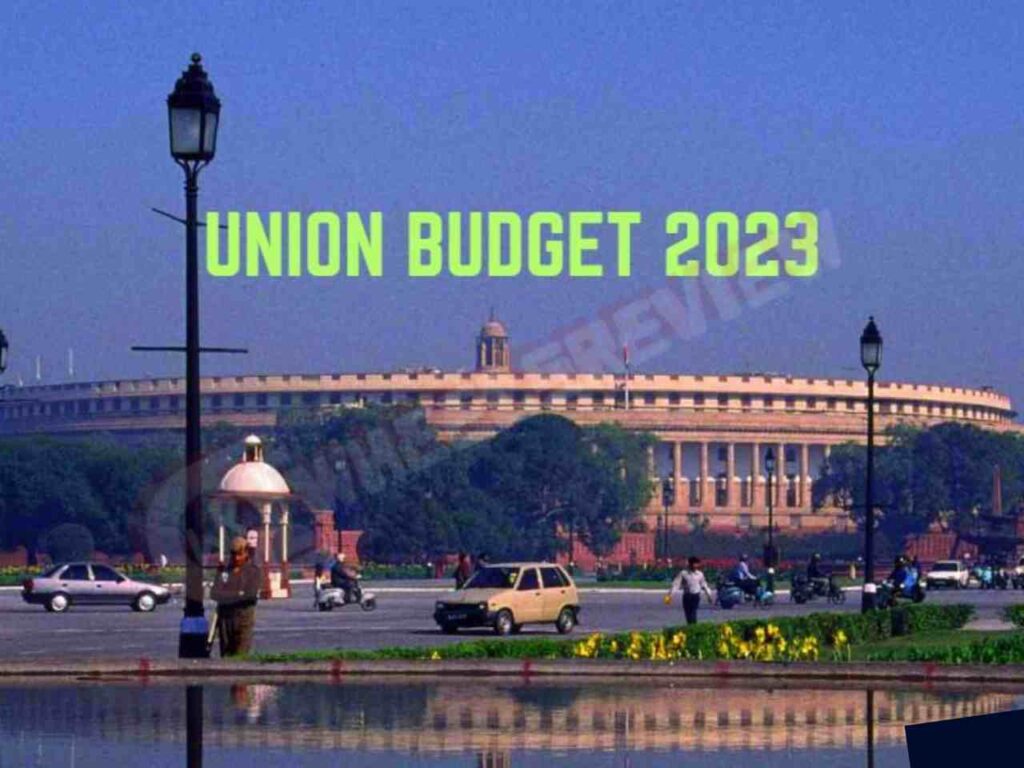The Union 2023 Budget includes a number of measures to boost the automobile industry in India, such as reducing income tax rates, introducing a scrappage scheme to replace old government vehicles, and providing customs duty exemption for electric vehicles.
2023 Budget
Additionally, the Finance Minister has announced a reduction of basic customs duty rates on goods other than agriculture and textiles from 21 per cent to 13 per cent . This will likely lead to an increase in automobile sales in the country. Moreover, the government has also removed customs duty on capital goods imported for the manufacturing of lithium-ion batteries, which will help reduce the cost of electric vehicles in the country . Further, the government has proposed increased investments in the EV space in India, estimated to be around Rs94,000 crore (USD12.6 billion) between 2023-2027 . These measures are likely to help accelerate the adoption of electric vehicles in India, and further boost the overall automobile industry.

The government has also made several other announcements that are expected to benefit the automobile industry, such as the introduction of a Rs1,500 crore (USD200 million) scheme to incentivize the production of electric vehicles in India. Additionally, the government has also proposed to provide a 15 percent investment allowance to businesses that invest in new plant and machinery in the automobile sector . Finally, the government has also announced a liberalization of the FDI policy in the automobile sector, which should help attract more foreign investments and bring in new technologies and production techniques to the industry.
Overall, the Union Budget for the year 2023 has presented several positive measures for the automobile industry in India, which should help stimulate growth in the sector. This should help create new jobs and increase sales, which in turn should help the Indian economy to recover from the impact of the pandemic. Additionally, the government’s focus on electric vehicles should help reduce the country’s carbon emissions and transport pollution, which is a major problem in India. It remains to be seen how effective these measures will be in the long run, but they certainly have the potential to lead to a revival in the automobile industry.
However, there are some challenges that the Indian automobile industry will have to face in the future. Firstly, the industry needs to ensure that it can produce vehicles which are in line with the government’s emission norms and fuel efficiency standards. Additionally, the industry needs to ensure that its production processes are environmentally friendly and not polluting. Finally, the industry needs to focus on innovating in terms of new technologies and materials in order to stay competitive in the global market.

To conclude, the Union Budget for the year 2023 has provided some much-needed respite to the Indian automobile industry. It is now up to the industry to ensure that it makes full use of the measures provided by the government and build a sustainable and competitive industry for the future.
2023 Budget
2023 Budget





















